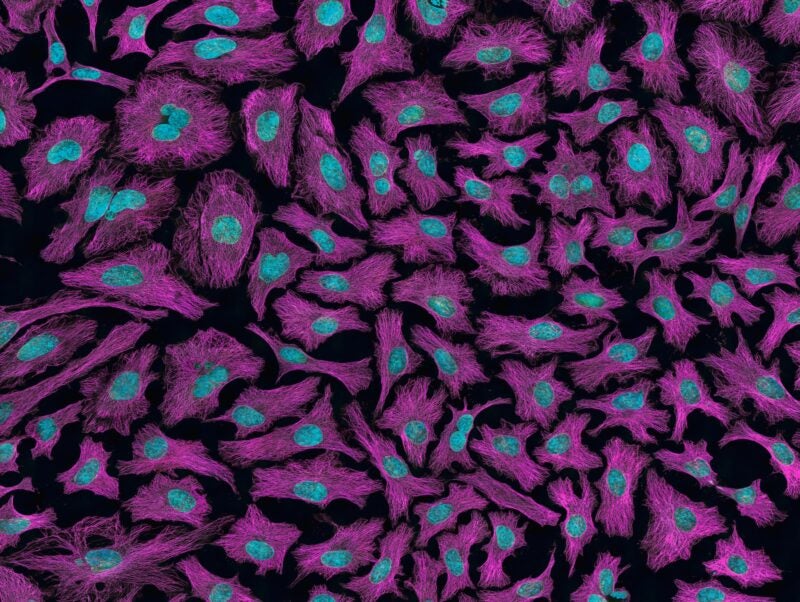
Quadriga BioSciences has concluded patient enrolment in a Phase I clinical trial of QBS10072S (QBS72S) to treat advanced or metastatic solid cancers.
The open-label, multicentre, dose-escalation trial is designed to assess the tolerability and safety of QBS72S in advanced or metastatic solid tumour patients.

Discover B2B Marketing That Performs
Combine business intelligence and editorial excellence to reach engaged professionals across 36 leading media platforms.
Trial data will inform the recommended Phase II dose (RP2D) for two upcoming studies.
One study will assess QBS72S to potentially treat brain metastases of triple negative breast cancer at Stanford University in the US while the other one will evaluate the agent for glioblastoma at the Dana-Farber Cancer Institute.
These studies are anticipated to be launched in the fourth quarter of this year.
Both are funded by a Small Business Innovation Research (SBIR) grant.

US Tariffs are shifting - will you react or anticipate?
Don’t let policy changes catch you off guard. Stay proactive with real-time data and expert analysis.
By GlobalDataTo back QBS72S development, Quadriga received two grants from the US National Institutes of Health (NIH).
A new chemotherapeutic agent, QBS72S imitates an aromatic amino acid for cellular uptake by L-type amino acid transporter 1 (LAT1).
Quadriga BioSciences CEO Gordon Ringold said: “Completing the enrollment of our dose-ranging Phase I study is an important milestone in the development of QBS72S.
“With the study complete, Quadriga is able to launch two Phase II studies investigating QBS72S for brain malignancies, each of which is supported by funding from an SBIR grant.
“We are fortunate for the support of all involved as we continue to advance QBS72S development.”
In July 2020, the company dosed the first subject in a Phase I trial study of QBS10072S in individuals with advanced malignancies.
According to preclinical research, the agent showed to substantially reduce tumour growth and boost survival in a triple negative breast cancer spontaneous brain metastasis model as well as in orthotopic GBM models.





